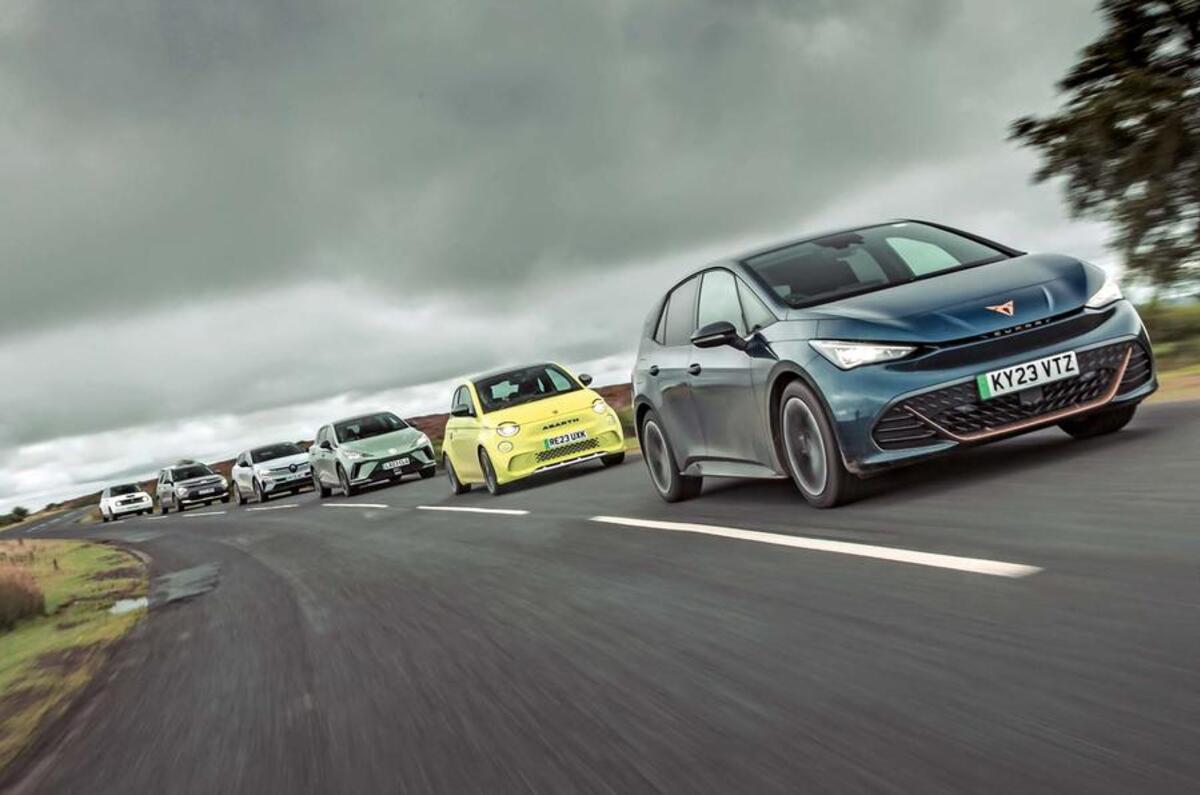Car makers in the UK successfully argued against proposed incentives within the UK’s new ZEV mandate that would have encouraged the sales of cheaper, more efficient electric cars, as well as longer-range ones.
The ZEV mandate forces car makers to sell ever increasing percentages of EVs, starting this year at 22%. Last year, EV sales stood at 16.5% of the total, according to the Society of Motor Manufacturers and Traders (SMMT).




Add your comment